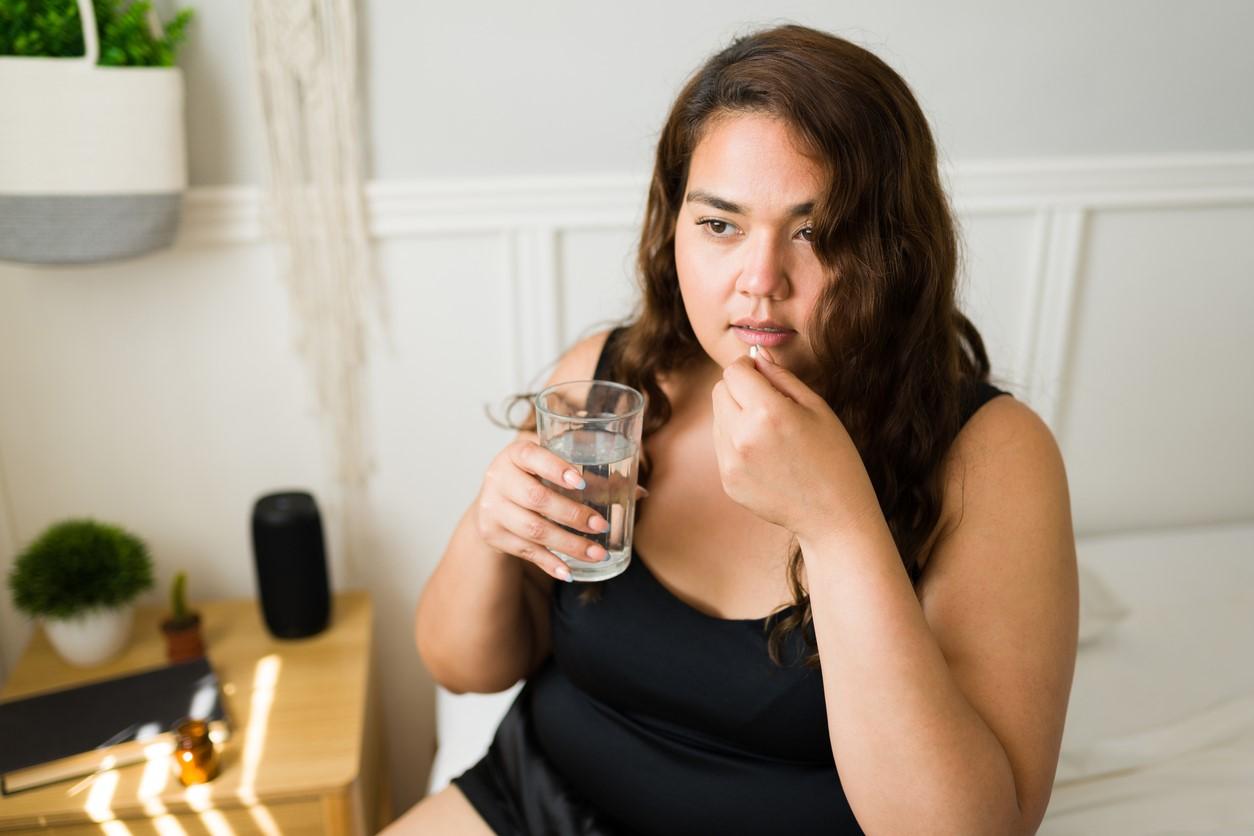The antiviral drug Paxlovid was tied to a 96% lower relative risk (RR) of COVID-19 hospitalization among high-risk outpatients who didn't complete a primary vaccination series but didn't benefit those who had received at least two doses amid the SARS-CoV-2 Omicron variant, according to a real-world study published yesterday in Clinical Infectious Diseases.
The study, led by researchers from the Institut National d'Excellence en Sante et Services Sociaux in Quebec, Canada, analyzed data from 8,402 high-risk COVID-19 outpatients receiving nirmatrelvir/ritonavir (Paxlovid) and 8,402 matched infected but untreated control patients from March 15 to October 15, 2022, with 1 month of follow-up. The study period was dominated by the Omicron BA.2 and BA.4/5 subvariants.
Of all patients, 58% were women, 57% were aged 60 or older, 56% didn't complete a primary COVID-19 vaccination course, 51% had five or more chronic conditions, 46% had a cardiovascular or respiratory disease, 18% had severely weakened immune systems, and 16% had cancer.
44% lower risk among immune-compromised
Among Paxlovid recipients, 2.1% were hospitalized, with the highest rates of admission among older patients (4.3% of those aged 80 to 89 and 6.9% of those 90 and older). Paxlovid treatment was associated with a 69% lower risk of hospitalization by 30 days, regardless of vaccination status (RR, 0.31; 95% confidence interval [CI], 0.28 to 0.36; number needed to treat [NNT] to prevent one hospitalization, 13).
The effect was more evident in patients who didn't complete a primary COVID-19 vaccination regimen (RR, 0.04; 95% CI, 0.03 to 0.06; NNT, 8), but those who had completed a course didn't benefit (RR, 0.93; 95% CI, 0.78 to 1.08). The study authors said the latter findings suggest that receiving a booster dose at 6 months is an effective way to prevent severe disease.
A subgroup analysis among patients with severely weakened immune systems who had completed a primary COVID-19 vaccine regimen showed that Paxlovid was tied to a significantly lower RR of hospitalization (RR, 0.66; 95% CI, 0.50 to 0.89; NNT, 16).
"These findings confirm the ability of nirmatrelvir/ritonavir to reduce the risk of hospitalization in individuals with high risk of progression to severe disease and infected with different Omicron variants of SARS-Cov-2," the researchers wrote.
These findings confirm the ability of nirmatrelvir/ritonavir to reduce the risk of hospitalization in individuals with high risk of progression to severe disease and infected with different Omicron variants of SARS-Cov-2.
Paxlovid recipients aged 70 and older who completed a primary vaccine series at least 6 months earlier were also at a significantly lower risk of hospitalization (RR, 0.50; 95% CI, 0.34 to 0.74; NNT, 10).
The findings, along with Paxlovid's oral dosing, make it "one of the preferred treatment options for infected outpatients at high risk of severe COVID-19, especially since several alternative options are not able to neutralize certain variants of SARS-CoV-2," the researchers wrote

















